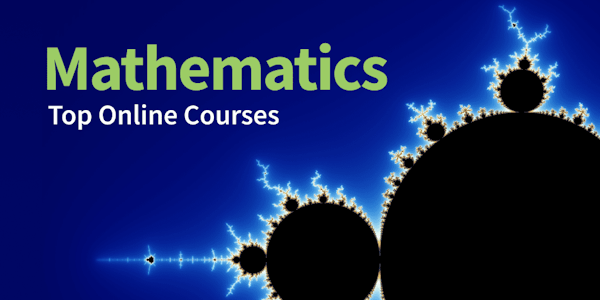Classical detectors and sensors are ubiquitous – examples include heat sensors in cars, light detectors in camera cell phones and magnetic field sensors in navigation systems. Leveraging advances in the theory of noise and measurement, an important paradigm of quantum metrology has emerged. Here, ultra-precision measurement devices collect maximal information from the world around us at the quantum limit. This enables a new frontier of perception that promises to impact machine learning, sensing platforms, autonomous navigation, surveillance strategies, information processing, and communication systems.
In this MicroMasters, students will learn the fundamentals of state-of-the-art quantum detectors and sensors with an emphasis on the important applications of quantum networking.
In addition, they will also learn the important foundational principles of quantum computers, quantum information, quantum communications, quantum sensors and quantum bits. They will be introduced to state-of -the-art quantum computing architectures and their working principles and will also gain hands-on experience programming real quantum machines.
Courses in this program are designed to introduce both physics and engineering aspects of quantum technologies, in particular quantum detectors/sensors/networking/computing, with minimal prerequisite courses. Basic undergraduate physics and mathematics courses found in typical sophomore or junior-level engineering or science degrees are sufficient.




